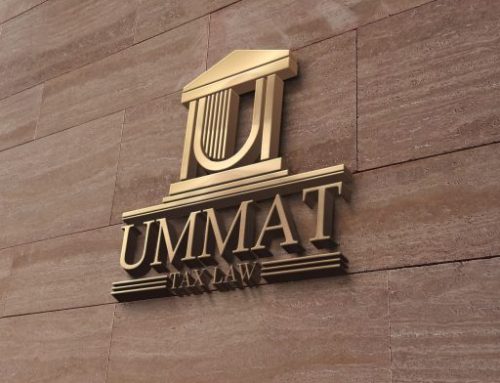Tax Court finds No Dividend Received Through Income-Splitting Scheme
Trower v. HMQ 2019 TCC 77
Summary
CRA assessed Ms. Trower to include a taxable dividend in the amount of $58,900 in 2016 because she received a T5 issued by a Cove BD Inc. (“Cove”). The Tax Court found that she did not receive any dividends, and the appeal was therefore allowed.
Background
This is an interesting tax case with an inherent family law component. The Appellant Sally Trower separated from her husband in 2015. Historically, both Ms. Trower and her husband were shareholders of Cove, with Ms. Trower owning 49% of the outstanding shares and Mr. Trower owning 51%. Ms. Trower was also a director. In October 2016, Mr. Trower became sole director and shareholder of Cove.
Ms. Trower testified that she told her husband she was not interested in being involved with Cove or income-splitting using Cove. She said she had agreed to income splitting in prior years by receiving dividends from Cove but did not understand the tax consequences of receiving those dividends. Once she became aware of these consequences, she had no further interest in receiving dividends. She notified Mr. Trower of her wishes in person and by email.
Mr. Trower testified that Ms. Trower had indeed told him numerous times of her wish to not receive dividends. However, he argued that since they had used Cove to income split for many years prior to their separation, that Ms. Trower should have simply known income splitting would continue into the 2016 taxation year.
The T5 Slip
Issues surrounded the actual T5 as well. First, Ms. Trower testified that she did not receive the T5 until October 2017. Second, two copies of a T5 in Ms. Trower’s name were adduced at trial, each with a different address on it. One had the same address as the Cove business address, and the other had Ms. Trower’s actual address.
The Court accepted as fact that Ms. Trower did not receive a copy of the T5 issued in her name until the Fall of 2017.
Decision & Analysis
Justice Monaghan found that Ms. Trower did not receive any dividends from Cove in 2016. There was no agreement between Mr. and Ms. Trower that the transfers would be dividends. That decision was made by Mr. Trower alone.
Ms. Trower was a director of Cove during the majority of the 2016 taxation year. She was objecting to the dividends that entire time. If Ms. Trower were a Cove shareholder but not a director at the time the payments were made, the directors could have declared and paid a dividend to her without her agreement. Payments made when she was one of two directors would have required her approval to be authorized and declared as dividends. So, no amount paid by Cove in 2016 before October 2, 2016, when Ms. Trower ceased to be a director, could be a dividend.
After October 2, 2016, Mr. Trower was the sole director and shareholder of Cove, and as such, could approve transfers occurring on or after that date as dividends. But Ms. Trower ceased to be a shareholder on September 30, 2016 and thus could not have received any dividends Mr. Trower might have unilaterally approved after that date.
Key Takeaway
For tax practitioners, it is important to remember that, generally speaking, no dividend is payable until such time as it is declared (Bond v. Barrow Haematite Steel Co., [1902] 1 Ch. 353). In this case the dividend was not declared until February 2017 and so no dividend was technically payable in 2016. But Justice Monaghan recognizes the realities of closely held corporations.
While it is clear that best practice is that resolutions be considered, voted on and recorded in writing at the relevant time, I accept that practice in the “real world” does not always conform with best practice. Particularly in the case of closely held private corporations, I accept that directors and/or shareholders may make a decision and act upon it, even though they may not record that decision in writing until a later date. But that cannot be said to have happened here. All of the evidence is that the only two relevant people, Mr. and Ms. Trower, never agreed that the transfers would be dividends. The decision was a unilateral one by Mr. Trower. He did not have that power before he became the sole shareholder and director. (para. 38)
Call Ummat Tax Law for effective tax dispute representation. (905) 336-8924.




